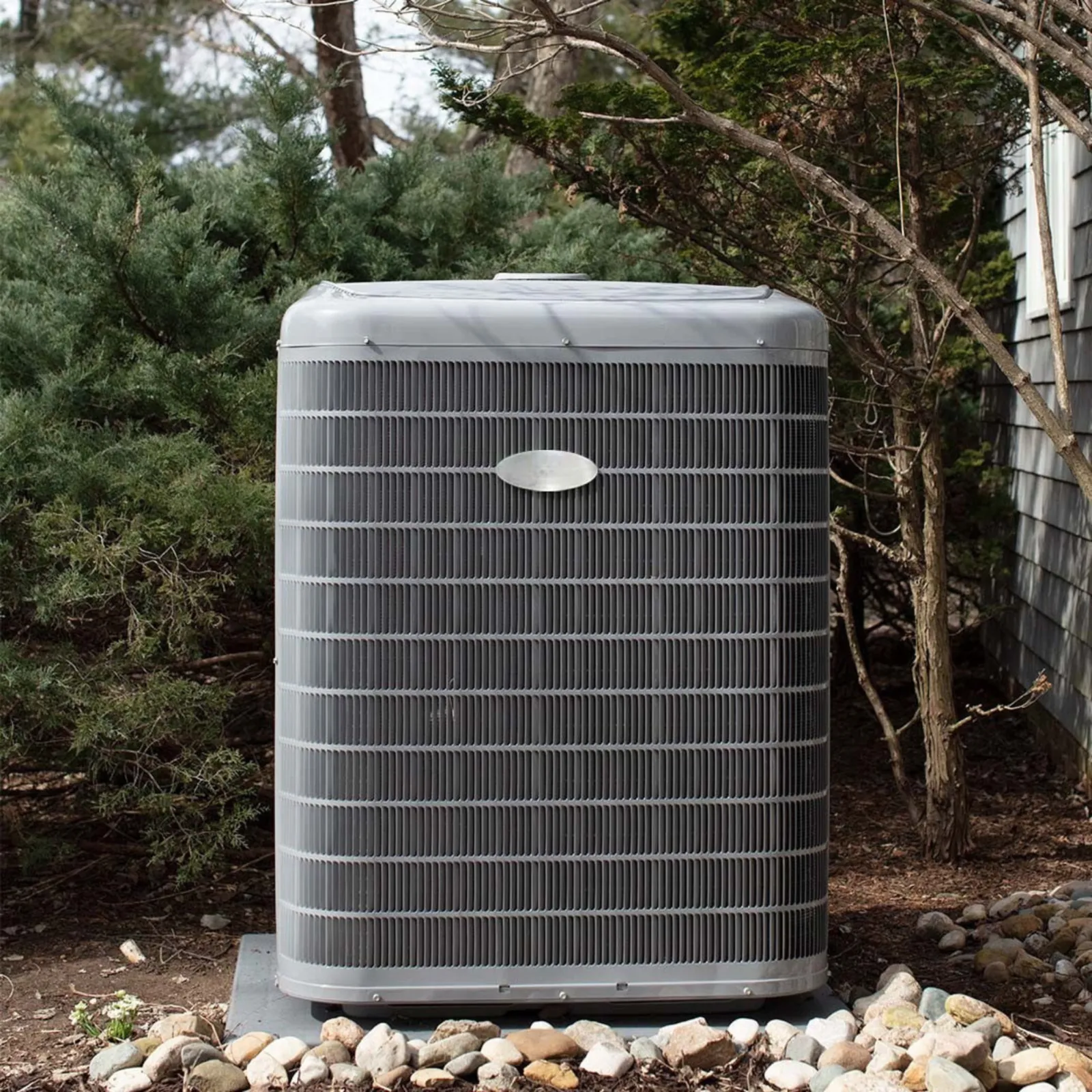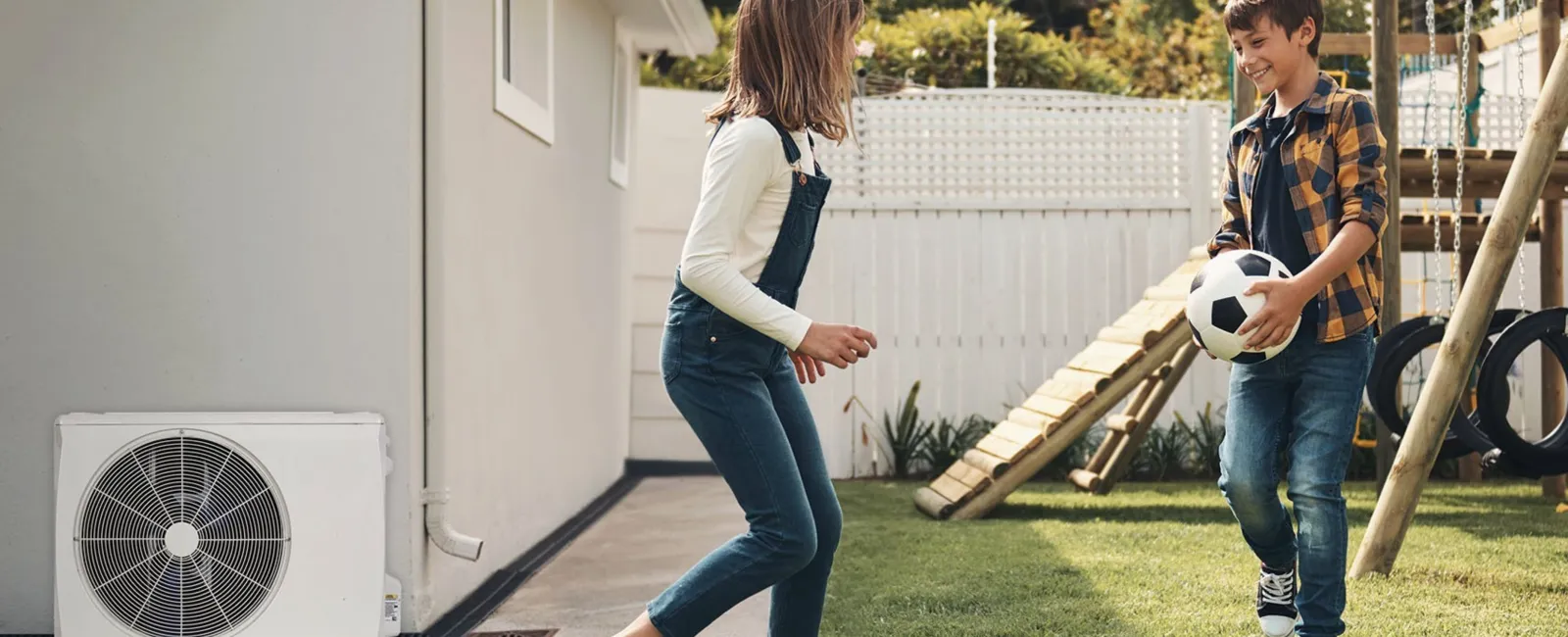September 04, 2024
Important Air Conditioning Changes Coming in 2025: What You Should Know

What You Should Know
As we approach 2025, significant changes are on the way for air conditioning systems, driven by new regulations from the Environmental Protection Agency (EPA). These changes are expected to affect the cost and efficiency of HVAC units. If you're a homeowner, it's essential to understand what's coming and how it could impact your decisions around maintaining or upgrading your system.
Why Are These Changes Being Made?
The main driver behind the 2025 changes is environmental regulation. The EPA is implementing stricter energy efficiency standards and phasing out certain refrigerants that contribute to greenhouse gas emissions. Specifically, the widely-used R-410A refrigerant is being replaced with more environmentally friendly alternatives like R-454B. The goal is to reduce the overall carbon footprint of HVAC systems, but these changes will also influence the cost of new units.
What Does This Mean for AC Costs?
As new technologies and refrigerants are introduced, the price of air conditioning systems is expected to rise. Manufacturers will need to comply with the EPA's standards, which involves using newer, more expensive materials and technologies. While the exact increase varies, you can expect prices for new systems to go up by 15-25%.
In addition, older models that use R-410A refrigerant will be gradually phased out, meaning they'll become harder to find and more expensive as stock dwindles.
Why Are HVAC Prices Already Rising?
If you've noticed the cost of HVAC systems climbing over the last couple of years, several factors are at play:
Parts Shortages: The global supply chain has been heavily disrupted, leading to shortages of key components like compressors and semiconductors. This has slowed down production and increased costs for manufacturers, which trickles down to consumers.
Inflation: Rising costs for raw materials like copper, aluminum, and steel, combined with higher transportation and labor costs, are pushing up the price of HVAC systems.
Labor Costs: The HVAC industry is experiencing a shortage of skilled technicians, which is leading to higher wages and, consequently, higher installation and repair costs.
Refrigerant Transition: As R-410A is phased out, the cost of maintaining systems that rely on it will likely increase. Newer refrigerants are more expensive, which adds to the overall cost of new systems.
Should You Replace Your System Before 2025?
If your current air conditioning system is aging, it may make sense to consider replacement sooner rather than later. Here's why:
Avoid Higher Costs: With prices set to rise in 2025 due to new regulations, replacing your system now could save you money.
Supply Issues: As manufacturers shift to producing systems that meet the new standards, older models will become harder to find, and their prices may rise as supplies decrease.
Energy Efficiency: Newer systems are generally more energy-efficient, which can result in lower utility bills over time, potentially offsetting the higher upfront cost.
Preparing for 2025: What Can You Do?
If you're not quite ready to replace your system, there are still steps you can take to prepare for these upcoming changes:
Keep Your System Well-Maintained: Regular maintenance can help extend the life of your current system and keep it running efficiently.
Research Rebates and Incentives: Some energy-efficient systems qualify for rebates or incentives, which could help offset the cost of an upgrade.
Stay Informed: As the 2025 changes draw closer, keeping yourself informed about the latest regulations and cost trends will help you make more informed decisions.
The Long-Term Outlook
While these changes are primarily aimed at reducing environmental impact, they will also have financial implications for homeowners. Over time, newer systems using eco-friendly refrigerants and more efficient technologies will likely reduce energy consumption, but the initial cost of upgrading will be higher. Whether you decide to upgrade now or wait, being proactive and understanding these changes will help you make the best choice for your situation.
Why Choose Bardi?
Explore the 2025 air conditioning changes and how Bardi can help you prepare. We offer free estimates on new system upgrades and help you take advantage of up to $2,000 in available tax credits for high-efficiency units, and starting in 2025, tax rebates up to $8,000 for select homeowners will provide point-of-sale rebates for heat pumps, electric panels, insulation, and more. Our NATE-certified technicians ensure hassle-free installations with a 10-year warranty. Let our HVAC design engineers create a custom system that fits your budget, enhances energy efficiency, and improves air quality.






